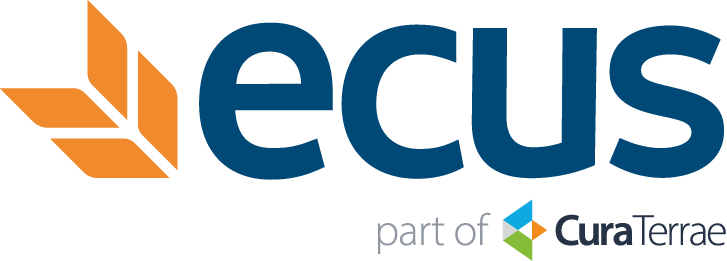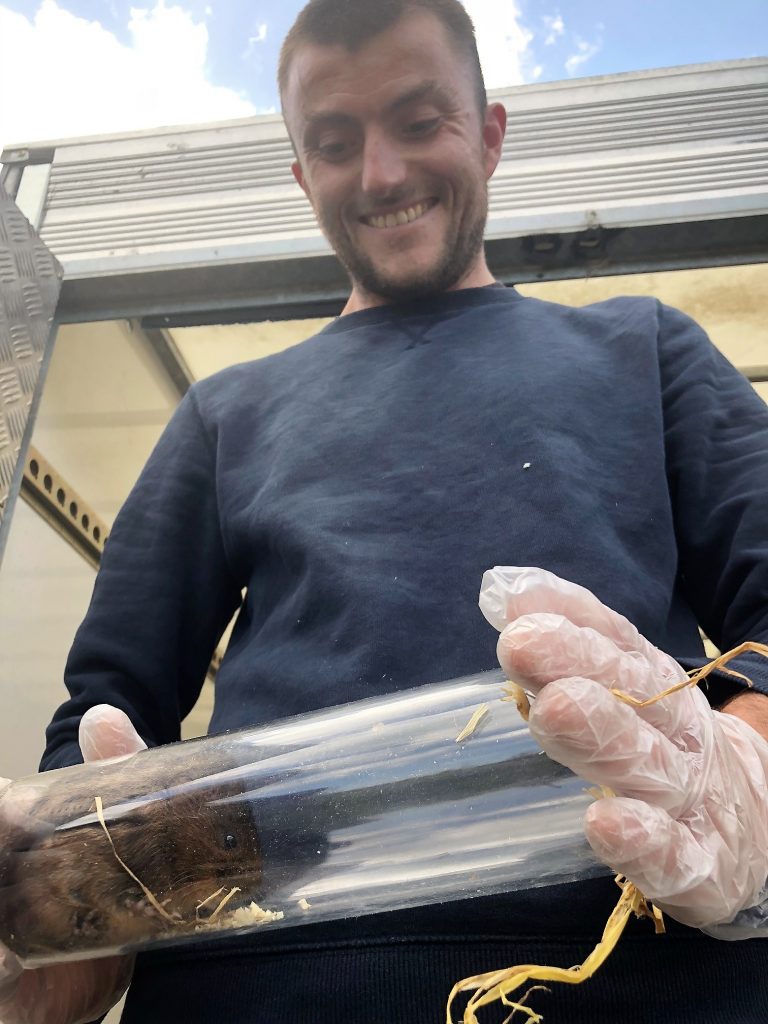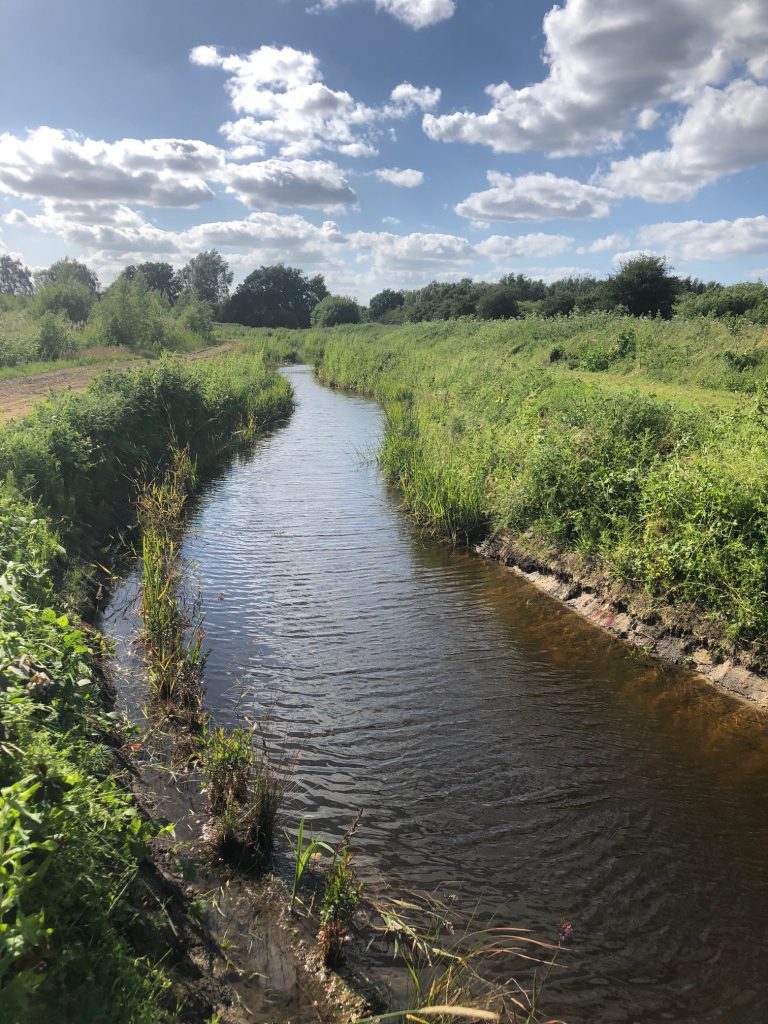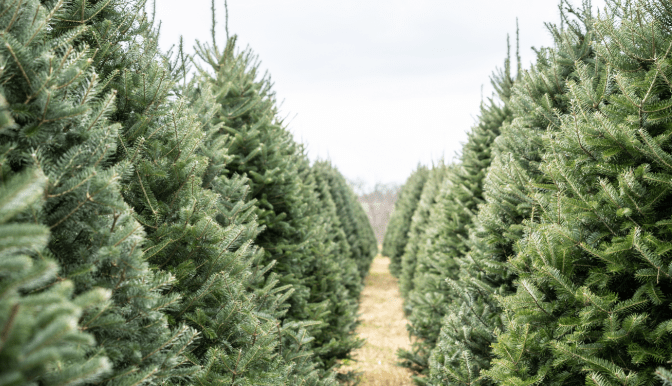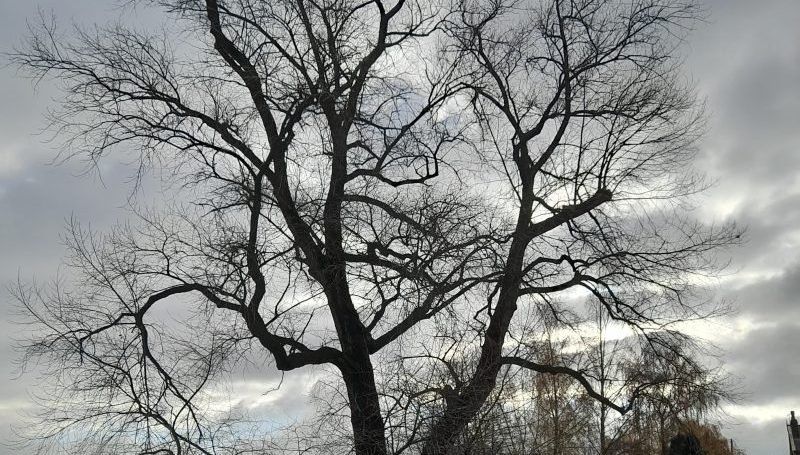Essential road repairs in Sykehouse, Doncaster resulted in the loss of the original habitat for the endangered species so experts from both our Ecology and Contracting teams were commissioned by DMBC to identify a suitable new home for them.
The water voles have now successfully been released into a newly created habitat at the YWT’s Potteric Carr Nature Reserve where they will live safely in the reedbeds making rugby ball shaped nests out of old reed stems.
Through in-depth ecological surveys, Ecus identified Potteric Carr as having an ideal mosaic of habitats providing a safe haven for water voles. The location was carefully selected to ensure it was within proximity to existing ditch and wetland habitats. In addition, a brand new section of ditch was created ideally suited to the needs of water voles.
The work to create the new area, which was funded by DMBC with design and construction led by the Ecus Environmental Contracting Team, provides deep water and burrowing banks and has been specially planted to ensure their new home provides sufficient shelter, cover and food. The site has been regularly monitored since its creation and has been maturing for the past nine months to ensure it was in prime condition prior to the release.
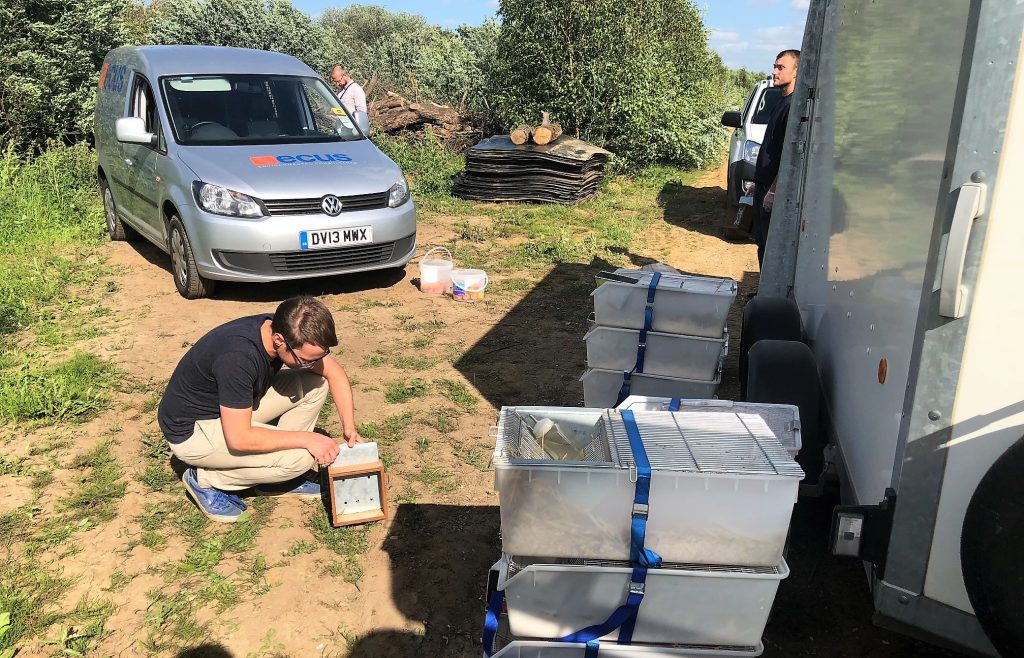
Stuart Silver, Technical Director at Ecus, said: “This is a great example of what can be achieved through collaborative working. The willingness of all parties to work together has provided the best possible outcome for the water voles ensuring they now have a viable and long term future.”
The water voles, which were previously surviving in a road side ditch suffering repeated bank collapse, were carefully trapped under licence from Natural England by our ecology team last autumn to allow the essential highway repair works to be undertaken. They then spent the winter in a specialist ‘water vole hotel’ facility run by M & H Ecology prior to their recent release. The decision to relocate the water voles was not taken lightly and only undertaken as a last resort after all options for retaining them on, or nearby their original location were exhausted.
The UK’s water vole population remains under serious threat from habitat fragmentation and predation by the non-native American mink and has suffered a drastic decline after mink began escaping fur farms. Over the last decade, conservationists’ efforts to control mink in Yorkshire have resulted in water vole numbers beginning to rise again.
The Potteric voles will continue to be monitored so the long term success of the scheme can be measured but the project team believe the voles now stand the best chance of survival due to their newly created habitat. They will boost the resident population of voles and hopefully spread throughout the reserve.
For further information please contact our Contracting Team at contracting@ecusltd.co.uk.
